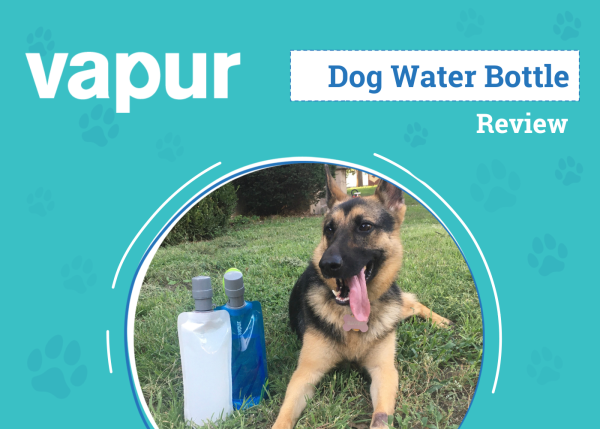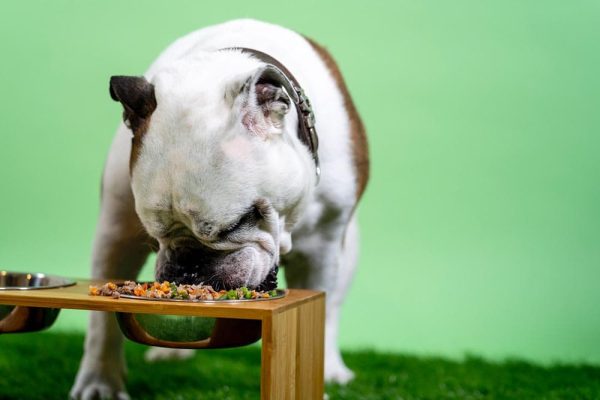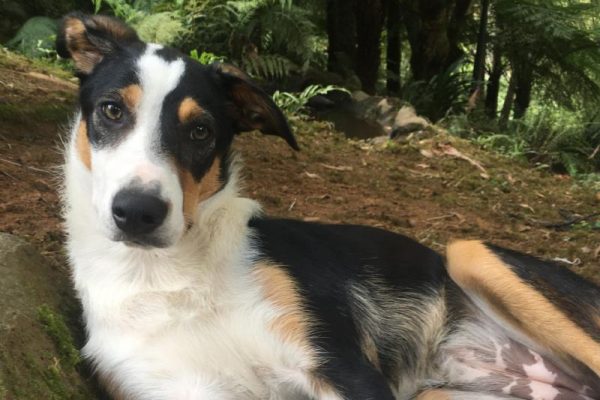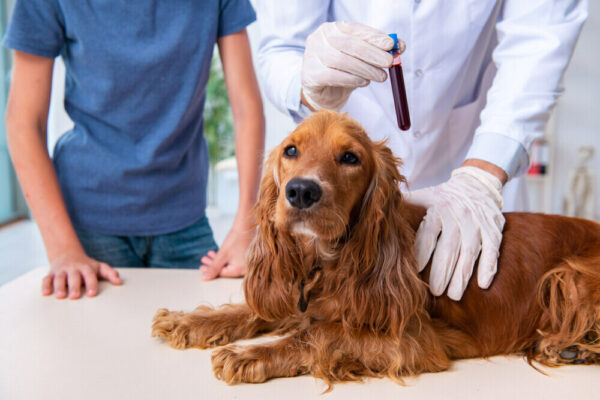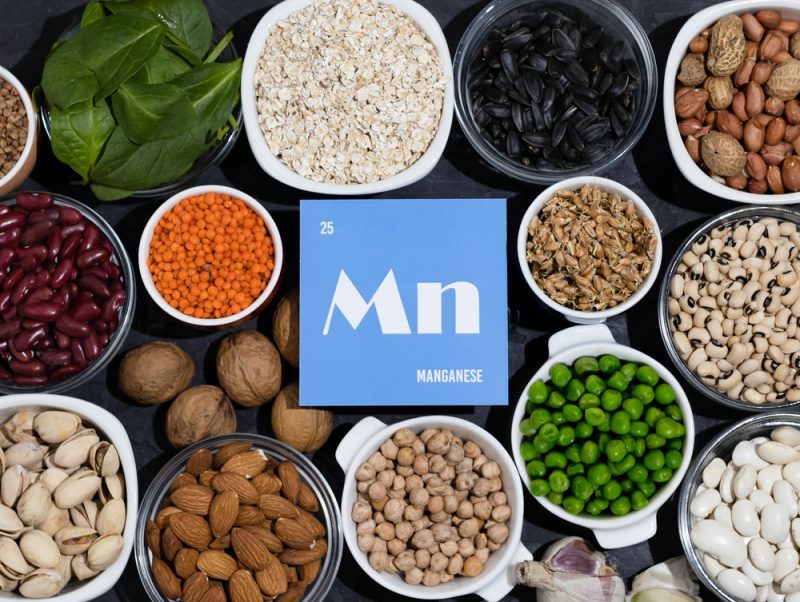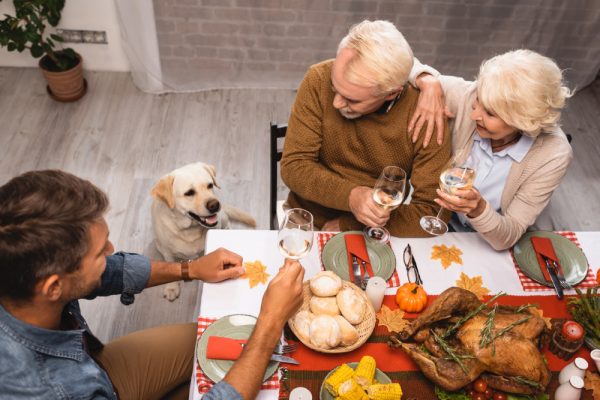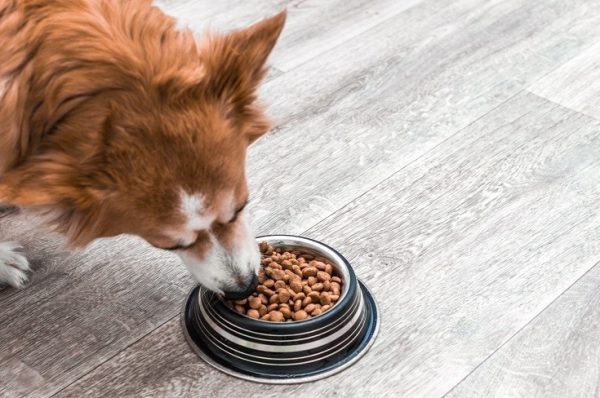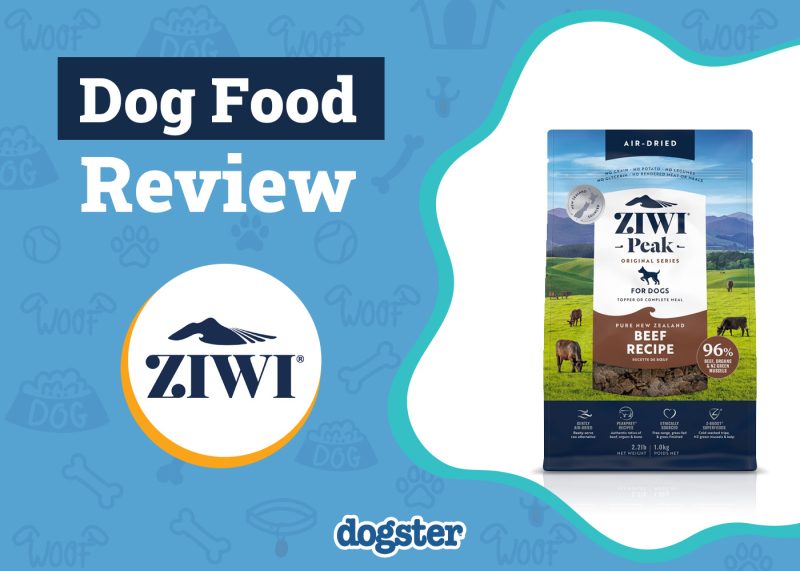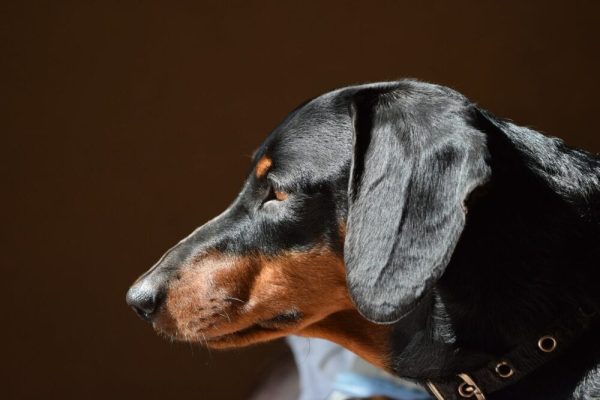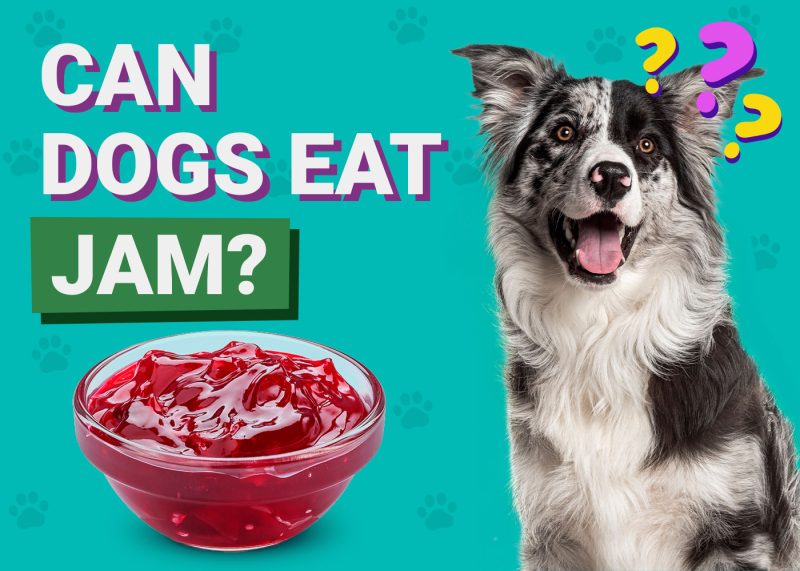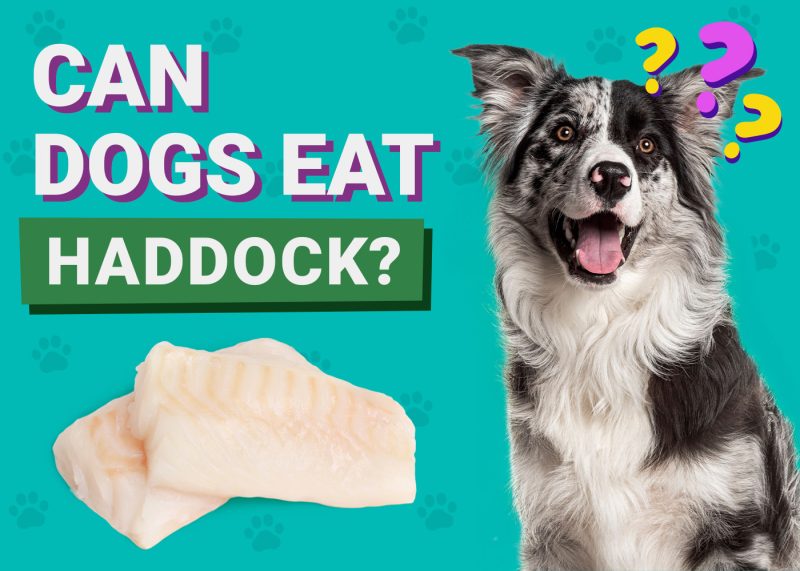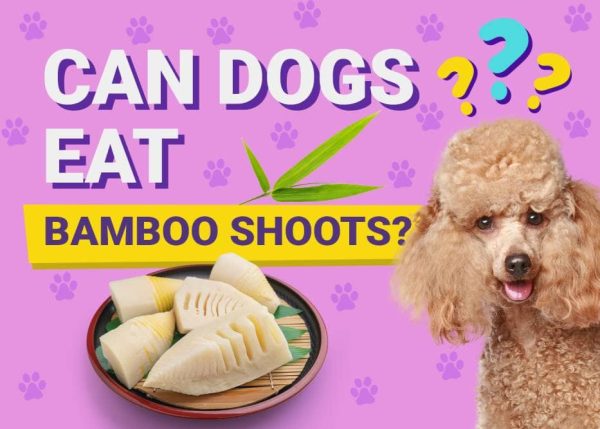In this article
View 3 More +In this article, we will delve into the realms of the Shikoku dog and the Shiba Inu, two remarkable breeds that have captured the hearts of dog lovers worldwide. They bring a touch of elegance and a unique blend of characteristics to the table. The intelligent Shikoku is a strong, energetic pup, and the Shiba Inu is known for their spirited personality, foxlike appearance, and undeniable charm!
The Shikoku dog and Shiba Inu are Japanese breeds with similar characteristics. While they share some similarities, there are still some notable differences between them. Join us as we explore the nuances and distinct qualities that make the Shikoku dog and the Shiba Inu beloved companions in their own right!

Shikoku Dog vs Shiba Inu: Visual Differences

At a Glance
- Average height (adult): 17–22 inches
- Average weight (adult): 35–55 pounds
- Lifespan: 10–12 years
- Exercise: 2+ hours a day
- Grooming needs: Moderate
- Family-friendly: Yes
- Other pet-friendly: With training
- Trainability: Energetic, enthusiastic, loyal, reserved
- Average height (adult): 14.5–16.5 inches
- Average weight (adult): 16–23 pounds
- Lifespan: 13–16 years
- Exercise: 1+ hours a day
- Grooming needs: Moderate
- Family-friendly: Yes
- Other pet-friendly: With
- Trainability: Intelligent but with a stubborn streak, eager to please

Shikoku Dog Overview

The Shikoku dog, also known as the Kochi-ken or Shikoku Inu, is a Japanese breed with a rich history and distinctive characteristics. As a pet, the Shikoku can be a loyal and intelligent companion for the right owner.
Originating from the mountainous regions of Shikoku Island in Japan, the breed was primarily used for hunting boar and deer. The Shikoku is believed to have descended from ancient Japanese dogs, such as the medium-sized Matagi dog, which were utilized by the indigenous Ainu people for hunting purposes.
Over time, the breed’s numbers declined, and it was saved from extinction through efforts to preserve and revive the breed in the early 20th century. Shikokus are medium-sized dogs with a sturdy and muscular build. They are gentle, reserved, extremely loyal, and affectionate companions, making them exceptional family dogs.
The Shikoku dog can make a devoted and active pet for experienced owners who can provide them with the physical and mental stimulation they require. Their loyalty, intelligence, and striking appearance make them a unique choice for those seeking a Japanese breed with a rich history and distinct characteristics!
Appearance
The Shikoku dog is a stunning breed with a powerful and majestic appearance. Their muscular build and thick double coat come in various colors, such as mesmerizing sesame, deep black, and vibrant red.
With their erect triangular ears and beautiful coats, they are truly a sight to behold. Their unique appearance reflects their heritage as hunters from the mountainous regions of Shikoku Island in Japan!

Personality and Behavior
The Shikoku dog’s temperament is that of a loyal and intelligent companion who captivates you with their independent spirit. They are incredibly clever and have a strong will, which adds to their charm. While they may be reserved with strangers, their devotion to their family is unwavering.
Their aloof nature gives them a regal air, and their hunting instincts make them keen observers of their surroundings. Their independence means they may not always be the most obedient, but with consistent training and proper socialization, they can flourish into well-rounded dogs.
Grooming Needs
When it comes to grooming, the Shikoku dog is relatively easy to maintain. Their dense double coat provides excellent protection against the elements. Brushing their coat several times a week is recommended to keep it healthy and free from tangles or matting. They shed moderately throughout the year, with heavier shedding during seasonal transitions.
Occasional baths are usually sufficient to keep them clean and smelling fresh. However, you must also trim their nails, inspect and clean their ears, and provide regular dental care.

Health
The Shikoku dog is generally a healthy breed thanks to their robust nature. However, like all dogs, it’s essential to be aware of potential health issues. Like many medium to large-sized dogs, they may be susceptible to conditions such as hip dysplasia, patellar luxation, and eye problems.
Regular veterinary check-ups, a nutritious diet, and an active lifestyle are essential to keep them in prime health and ensure they live a happy, fulfilling life by your side.
Suitable For:
The Shikoku dog is a fantastic choice for experienced dog owners who appreciate their unique blend of intelligence, loyalty, and independence. They thrive in active households that can provide them with ample exercise and mental stimulation. They work well with children and, if introduced at a young age, they can also work well in multi-pet households.
Their hunting instincts make proper socialization and leash training very important, but this also makes them a great fit for those interested in canine sports like agility. While they can adapt to various living environments, they flourish in homes where they receive proper socialization and consistent training!
- Loving and loyal companions
- Intelligent and quick to learn
- Naturally protective
- Generally healthy breed
- May not be suitable for first-time owners
- Moderate shedding throughout the year
- High prey drive
- Reserved and aloof with strangers

Shiba Inu Overview
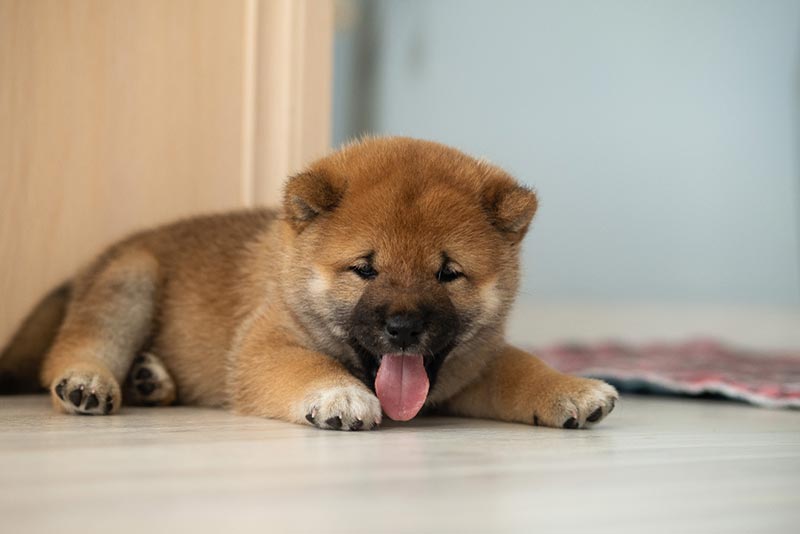
The Shiba Inu is a beloved Japanese breed that has captured the hearts of many as a companion and a symbol of Japan. With a rich history and distinct characteristics, the Shiba Inu makes a fascinating pet. The Shiba Inu is one of the oldest native Japanese breeds. They were originally bred for hunting small game, such as birds and rabbits, in mountainous regions.
The breed’s name, “Shiba Inu,” translates into “small dog” in Japanese. They have a unique combination of boldness, independence, and confidence. They are known for their spirited personality and may sometimes display a certain level of stubbornness.
While they can be reserved and cautious around strangers, they form strong bonds with their family members. Despite their small size, they are self-assured and fearless. With their distinct “foxlike” appearance, erect ears, and curled tail that is carried high over the body, the Shiba Inu is a charismatic and lively breed that brings joy and companionship to their owners.
Appearance
The Shiba Inu is a unique and eye-catching breed with an adorable and distinctive appearance. With their compact and well-proportioned body, erect ears, and iconic curled tail, they are a stunning sight. Their thick double coat can have various enchanting colors, including fiery red, striking sesame, classic black and tan, and elegant cream.
The Shiba’s expressive face and bright eyes are sure to melt your heart. Although they may be small, they exude a confident and self-assured presence that is simply captivating.

Personality and Behavior
The Shiba Inu is a spirited and charismatic companion that will keep you entertained with their unique personality. They are known for their boldness, independence, and strong-willed nature. Shiba Inus are fiercely loyal to their families and can form deep bonds.
Although they can be reserved with strangers and have stubborn tendencies, their confidence and intelligence shine through in their playful and mischievous nature. They possess a sense of adventure and curiosity that adds excitement to every day.
Grooming Needs
Shiba Inus’ double coat provides excellent protection and requires regular brushing to keep it healthy and free from matting. Like the Shikoku, they shed moderately throughout the year, with seasonal shedding being more noticeable.
Occasional baths are usually sufficient to keep them clean, and their fastidious nature means they often groom themselves like cats. Be sure not to overlook their nails, ears, and teeth.
Health
The Shiba Inu is also a generally healthy breed. Similar to the Shikoku, they are also prone to health issues such as hip dysplasia, patellar luxation, and even eye problems. To maintain a healthy lifestyle, it is essential that they remain active with exercise, maintain a healthy and balanced diet, and have regular veterinary check-ups!

Suitable For:
The Shiba Inu is ideal for individuals or families who appreciate an independent, intelligent, and lively companion. They thrive in homes where their unique personality traits are understood and embraced. Their moderate size makes them adaptable to various living situations, including apartments, as long as they receive regular exercise and mental stimulation.
Shiba Inus love to explore and are great companions for outdoor adventures. They are suitable for experienced dog owners who can provide consistent training, socialization, and a loving, stimulating environment!
- Intelligent and quick to learn
- Adaptable in various living situations
- Strikingly adorable appearance
- Generally healthy breed
- Moderate year-round shedders
- Can have a stubborn streak
- Reserved with strangers and other pets

Shikoku Dog vs Shiba Inu: Which Breed Is Right for You?

Whether it’s the independent Shikoku dog or the charismatic Shiba Inu, your decision ultimately depends on your individual preferences, lifestyle, and experience as a dog owner. If you seek a loyal and intelligent companion with a strong prey drive and an active lifestyle, the Shikoku dog might be the perfect fit. Their striking appearance and independent nature make them a unique choice for those who appreciate their regal and adventurous spirit.
On the other hand, if you are taken by the spirited personality and foxlike appearance and are prepared to handle a confident and independent dog, the Shiba Inu could be your ideal match. With their adaptability to various living situations and their clean and fastidious nature, they can thrive in different environments.
Both Japanese breeds offer distinct qualities that can bring joy and companionship to your life, but it is essential to consider their specific traits and needs to ensure a harmonious and fulfilling relationship. Whichever breed you choose, with love, dedication, and proper care, you can create a bond that will last a lifetime!
See Also:
- Shiba Inu vs Korean Jindo: Differences Explained (With Pictures)
- Finnish Spitz vs Shiba Inu: Differences Explained (With Pictures)



